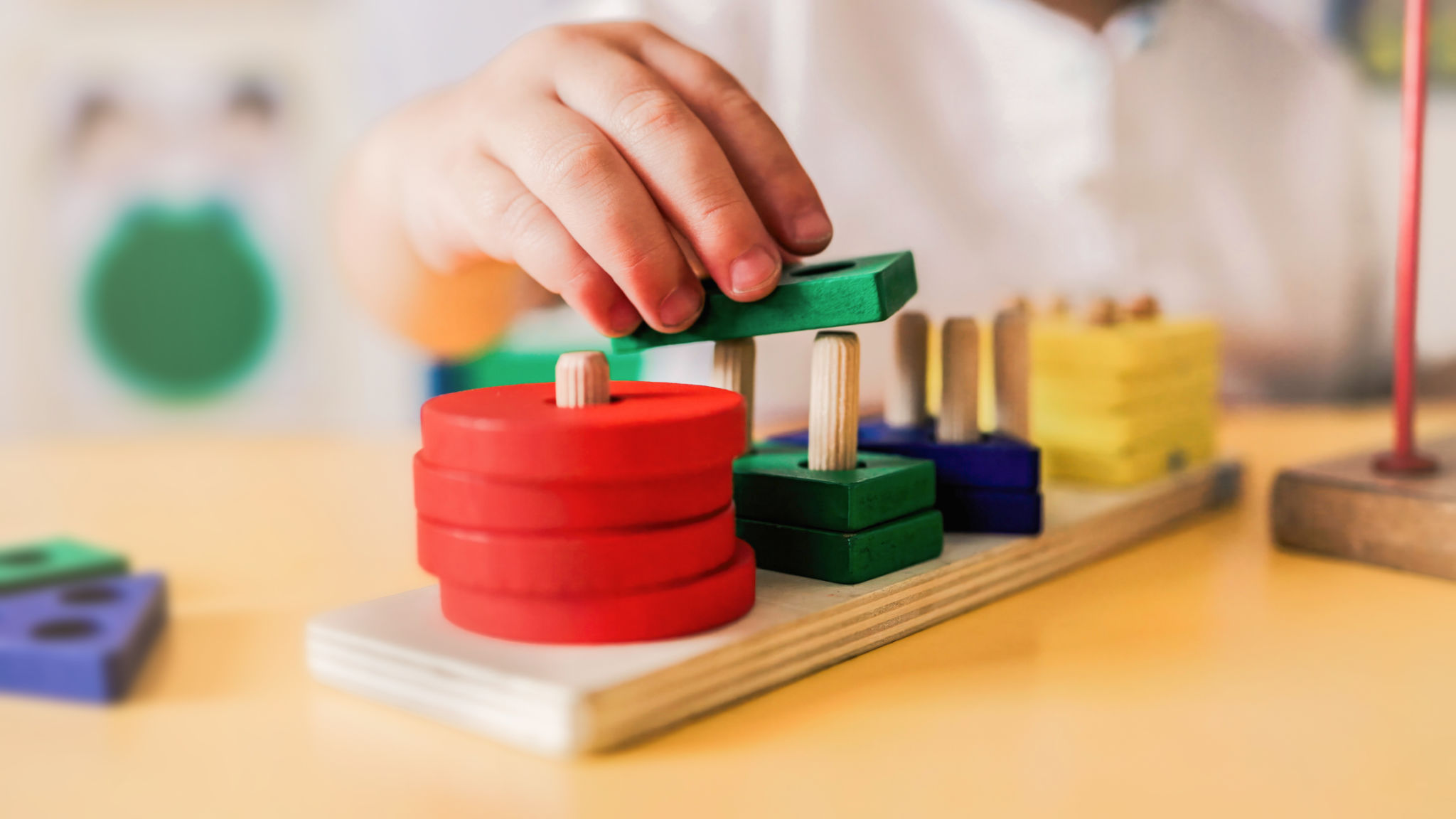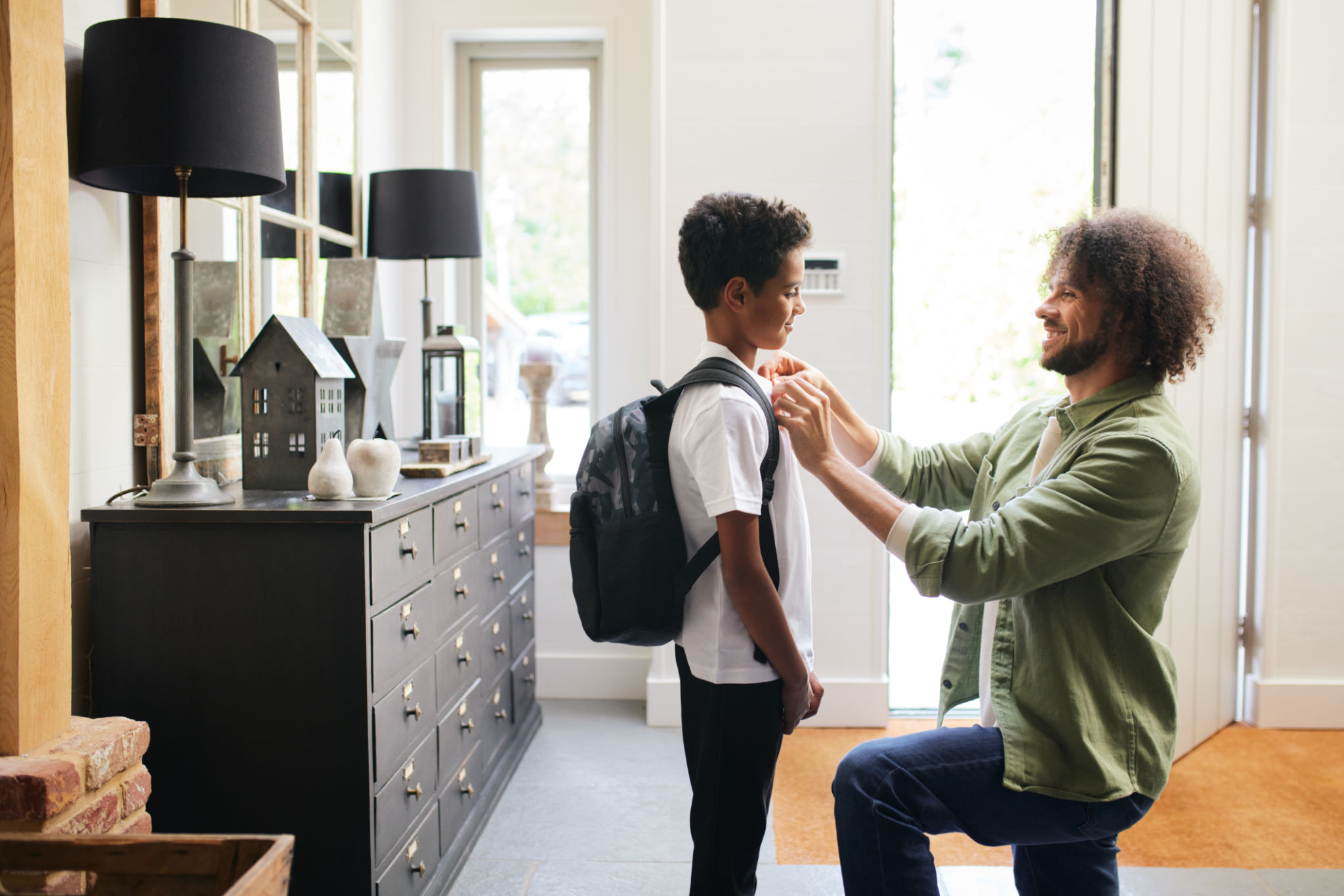Seasonal Tips for Transitioning to Preschool: A Parent's Checklist
Preparing Your Child Emotionally
Transitioning to preschool is a significant milestone for both parents and children. It's essential to prepare your child emotionally for this change. Start by talking positively about preschool, emphasizing the fun activities they will enjoy and the new friends they will make. Encourage your child to express their feelings about starting school, whether they're excited, anxious, or curious.

Consider arranging playdates with future classmates if possible. Familiarity breeds comfort, and having a friend in class on the first day can ease separation anxiety. Additionally, read books about starting school to help them visualize what their new experience will entail.
Establishing a Routine
A consistent daily routine can make the transition smoother. Begin setting a bedtime and wake-up schedule similar to what you'll follow during the school year. This habit helps your child adjust their internal clock and ensures they get enough rest for active preschool days.
Introduce a morning routine that includes getting dressed, having breakfast, and preparing a backpack. Practicing these tasks can help your child feel more independent and confident when the school year starts.

Organizing Supplies
Make a list of essential supplies your child will need for preschool, such as a backpack, lunchbox, and spare clothes. Involve your child in picking out these items to create excitement and a sense of ownership. Label everything with your child's name to prevent mix-ups at school.
- Backpack
- Lunchbox
- Spare clothes
- Water bottle
Encouraging Independence
Preschool is a great opportunity for children to develop independence. Teach your child basic self-help skills like putting on shoes, using the restroom, and washing hands. These skills not only prepare them for school but also boost their confidence.
Encourage your child to make simple choices, such as selecting their outfit or choosing a snack. This practice helps them feel involved in their daily routine and supports decision-making skills.

Visiting the Preschool
If possible, visit the preschool with your child before the first day. Familiarizing them with the classroom environment, playground, and teachers can ease first-day jitters. Ask the preschool if they offer orientation sessions or tours for new students.
During your visit, point out interesting areas like the reading corner or art station, highlighting activities your child might enjoy. Reassure them that you'll be there to pick them up after school to reinforce a sense of security.
Building Communication with Teachers
Establishing good communication with your child's preschool teachers is vital. Share any pertinent information about your child's preferences, allergies, or special needs to ensure a smooth transition. Regularly check in with teachers about your child's adjustment and progress.
Many preschools offer parent-teacher meetings or digital communication platforms to keep parents informed about classroom activities and events. Make use of these resources to stay engaged in your child's preschool experience.